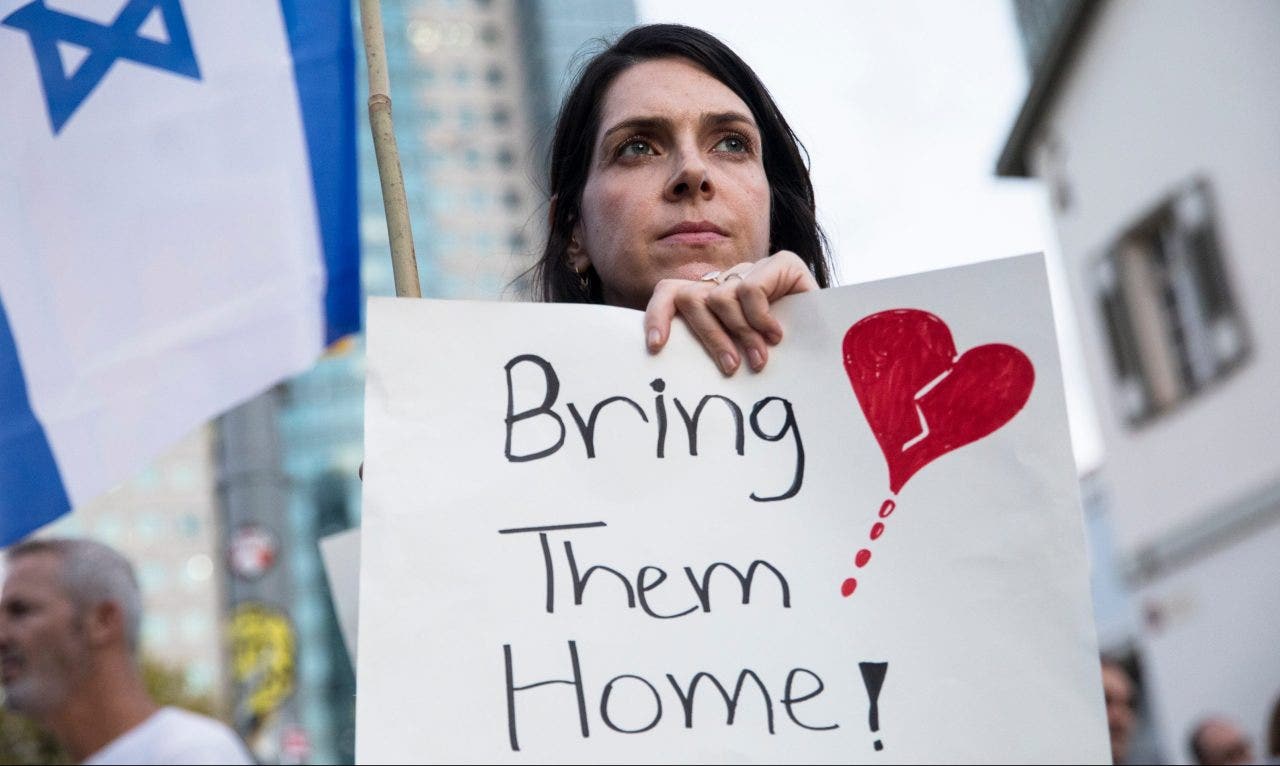Cease-fire between Israel and Hamas getting closer amid concerns terror group rearming in Gaza

As negotiations for a cease-fire between Israel and Hamas reach a critical juncture, the conflict continues to take a toll on both sides. The Israeli military recently reported the deaths of five soldiers in Beit Hanoun, northern Gaza, due to an ammunition explosion, marking one of the deadliest incidents in recent operations. This comes on the heels of another four soldiers being killed in Gaza just days prior. In response, Hamas has fired 20 rockets at Israel in the past two weeks, underscoring their continued ability to launch attacks despite the prolonged conflict.
Amidst these escalating tensions, talks involving the U.S., Qatar, and Egypt are reportedly close to reaching an agreement. The proposed deal would involve the release of 33 hostages, including children, women, female soldiers, men over 50, and humanitarian cases, out of a total of 98 captives held by Hamas since October 7, 2023. In exchange, hundreds of Palestinian prisoners, including high-profile detainees, would be set free. This phase of the agreement is expected to last 42 days.
An Israeli official has confirmed that the majority of the hostages are still believed to be alive, offering a glimmer of hope for their safe return. Additionally, humanitarian aid is set to be delivered to the Gaza Strip as part of the agreement. Israel has agreed to release prisoners in accordance with specific criteria set by Hamas, including the release of 50 prisoners for every female hostage and 30 children and women for every hostage.
President Biden has called for an immediate cease-fire in a bid to end the hostilities and secure peace for both Palestinians and Israelis. The U.S. has been working closely with Israel to finalize the agreement, with National Security Adviser Jake Sullivan stressing the urgency of reaching a resolution. The proposed deal has the potential to bring an end to the conflict and pave the way for much-needed humanitarian aid to reach Gaza.
However, the cease-fire proposal has sparked controversy within Israel’s government, with some members expressing concerns about potential security risks and the possibility of Hamas using the pause to regroup and rebuild its forces. Despite these reservations, the majority of coalition members, including Prime Minister Benjamin Netanyahu, view the deal as a crucial step towards securing the release of the hostages and ultimately bringing an end to the conflict.
As the negotiations enter a decisive phase, all eyes are on the parties involved to see if they can overcome the remaining hurdles and close the deal. The coming days will be crucial in determining whether peace can be achieved in the region and whether the sacrifices made by both sides will finally lead to a lasting resolution to the longstanding conflict.




